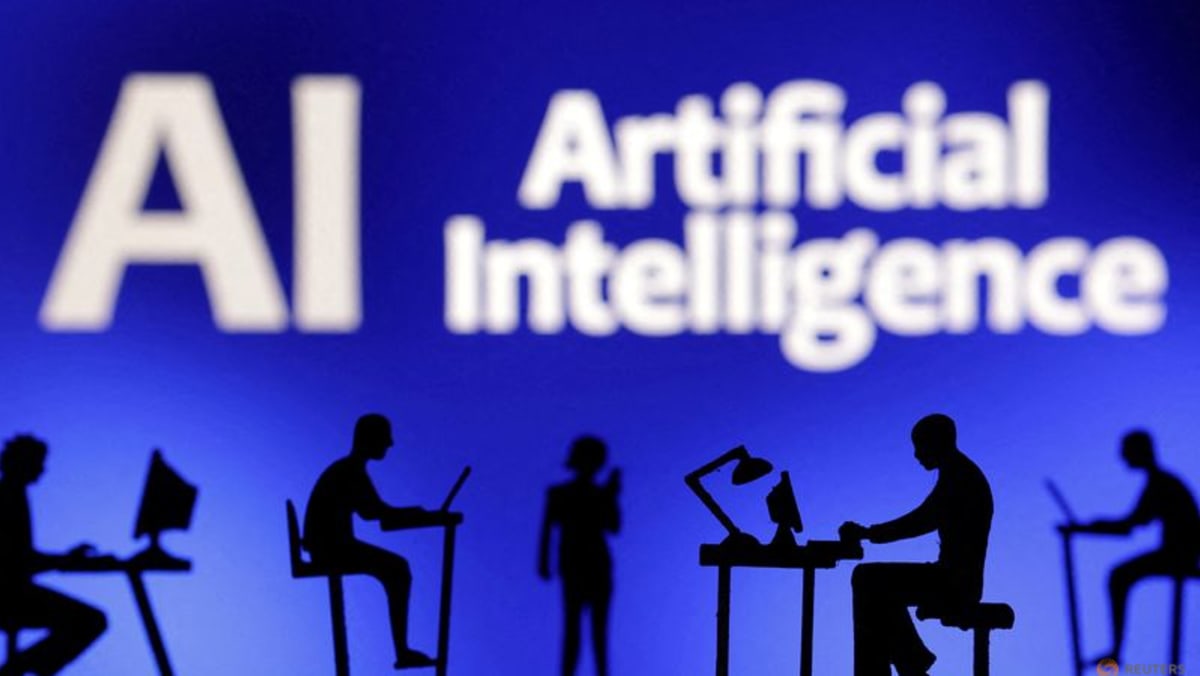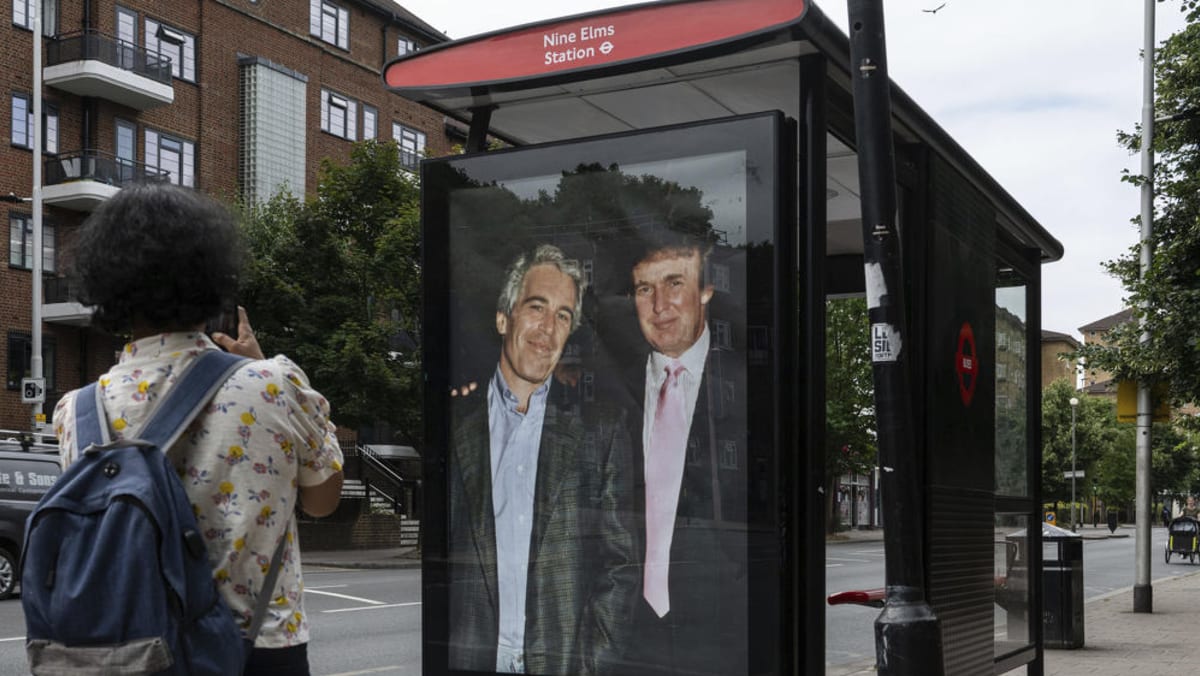WINNING FRIENDS AND INFLUENCING PEOPLE
As the debate over the impact of generative AI on jobs rages on, certain things have become clear.
Large-scale job loss is unlikely, but the nature of work could change significantly. Skills like graphic design, professional writing or coding that were once relatively scarce may become less so as AI equips laypersons with the tools to become effective designers, writers or “vibe” coders.
At the same time, new jobs will be created, just as the industrial age, the computer era and the advent of the internet introduced entire new classes of jobs that did not previously exist. The question is whether there will be more good jobs or grunt jobs for human beings – whether AI will take over the choicest tasks, or whether it will free people from drudgery and empower them to pursue work with greater meaning.
One reason to be hopeful is the inherent advantage human beings have in understanding and influencing decision makers. It is unlikely that consumers and business owners will ever fully devolve to AI decisions on purchases, investments and hiring. This is because such decisions are deeply personal, reflecting individual preferences, comfort levels and trust.
As long as there is a need to convince decision makers of a course of action, human beings have a unique advantage. They are able to read a person’s tone and body language, to judge his or her mood, and bring to bear knowledge of the person’s preferences and proclivities in a way a machine cannot.
Generative AI excels in text and logic as it is trained on vast amounts of recorded material. But much information about a person isn’t codified, even if he or she is a prominent figure. This means that someone who actually knows the decision maker, or who has at least interacted with the person before, will be at a considerable advantage over AI in knowing how to make an effective presentation or sales pitch.
The adage “Whom you know is more important than what you know” still holds true in the age of AI. Networking and trust-building are uniquely human endeavours. AI can help draft a speech or spruce up a presentation, but the human insight into others remains critical.
Leadership, too, is an inherently human exercise. Human leaders will still be relied on to organise people and lead teams, as success hinges on communication and trust, negotiation and compromise, beyond mere algorithms.













